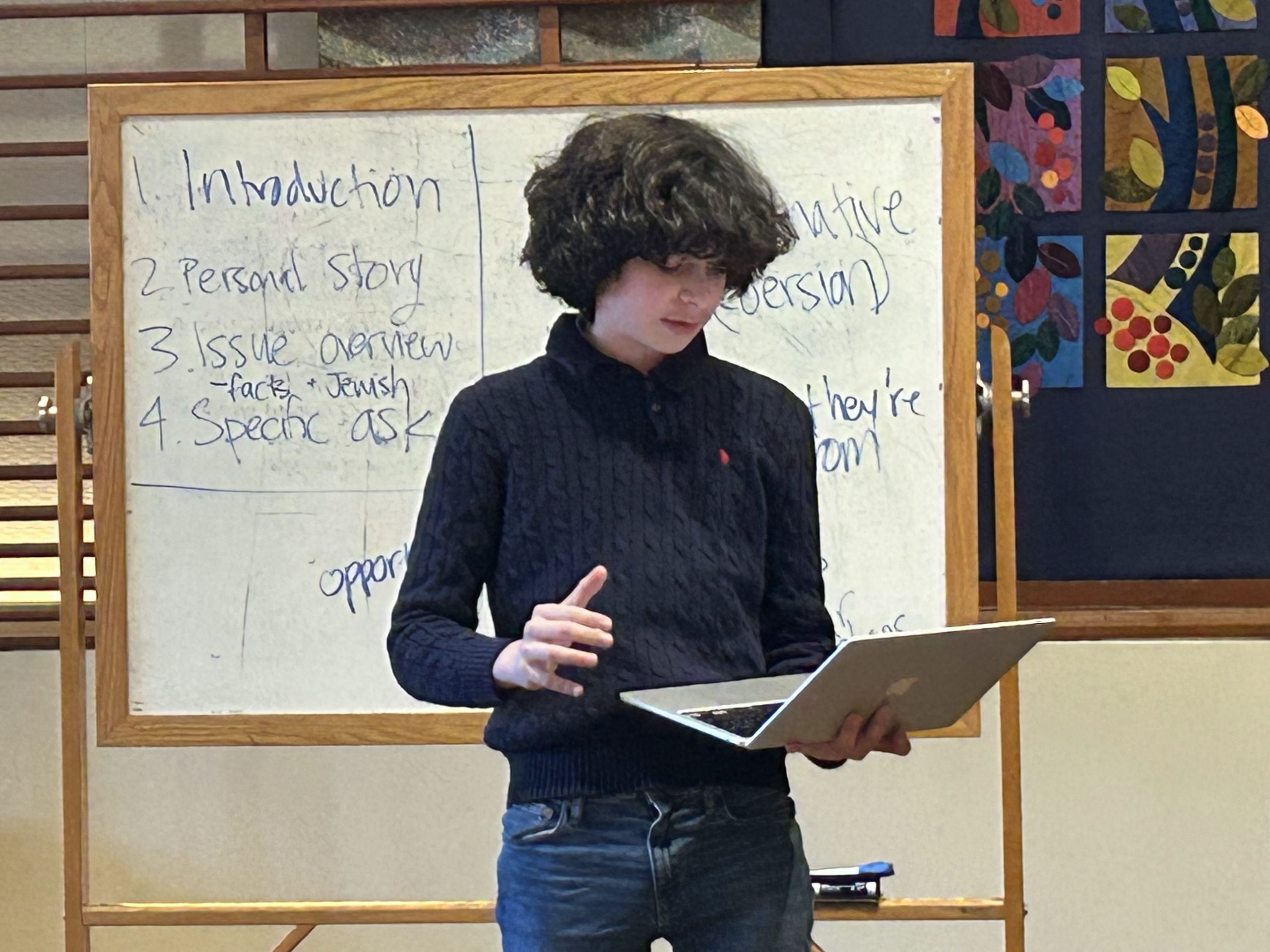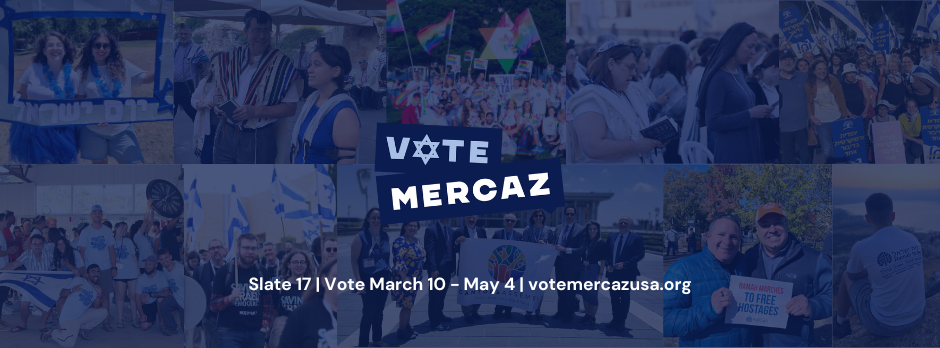Of the close to 600 USCJ congregations across North America, more than half have fewer than 250 households, and over one-third have fewer than 150.
With these numbers in mind, we have recently redoubled our efforts to better serve the needs of our smaller congregations. While we know from our work with synagogues of all sizes that many of the challenges they face are the same as those of larger congregations, we also understand that the limited resources available to small congregations (including very small staffs and small numbers of lay leaders who are often stretched too thin) make it much more difficult for them to succeed.
20/20 Judaism Discussion Group
At our 20/20 Judaism convention in Boston in early December, we began a conversation over breakfast one morning with about 30 leaders of small congregations. We got to know each other a bit, and had an open, informal discussion of how they felt USCJ could best support them. One idea that came out of this conversation was to have online gatherings where we could begin to create a virtual community of leaders from small congregations who could support one another and share best practices.
This past Monday, we held our first such gathering for lay and professional leaders of small congregations. We had anticipated an intimate meeting on Zoom of about 25-30 people. By Monday morning, 98 people had registered, and over 60 ended up participating in the hour-long video call. It was quite clear that there was strong demand.
Individuals on Monday’s call represented congregations from 20 US states as well as Canada, Spain, and Barbados. There were rabbis, executive directors, synagogue presidents, and board members.
While meeting in a virtual space such as Zoom has its limitations, we were able to break into small groups to get to know each other better, and also had a discussion with the entire group about how best to move forward.
Many of the issues that people mentioned as their biggest challenges included recruiting new leaders, attracting and engaging young families, considering new dues models, and handling volunteer burnout.
Some of the topics people said they would like to discuss at future meetings include
- Membership recruitment and retention in small congregations
- Human Resources in a small congregation
- Board size and governance issues
- Building relationships with other Jewish organizations and nonprofits
- Mergers and collaborations
- Social media strategy and marketing
Our hope is to have 3-4 online gatherings per year, each dedicated to a particular topic of interest to the group. The format will likely be a few minutes of schmooze time, and then a 15-20 minute presentation on an issue, followed by discussions in small groups related to the presentation.
In addition to these online gatherings, we are working on other initiatives to address the needs of small congregations.
One of the most exciting is Imun 2020, a training seminar to empower lay leaders of small congregations to perform certain ritual roles such as leading services, reading Torah, visiting the sick, comforting mourners, or officiating at a funeral or a baby naming. You can find more information on Imun (and an application) here: https://www.surveymonkey.com/r/Imun2020App Please note that the deadline for applications is March 1st, and space is very limited.
As USCJ continues to find new ways to meet the needs of small congregations, I invite you to join the conversation by joining The Commons (thecommons.uscj.org), our online platform; follow the small congregations forum, where we will discuss topics of interest, and share resources and ideas.
If you have any questions about resources for small congregations, please contact me at [email protected].







